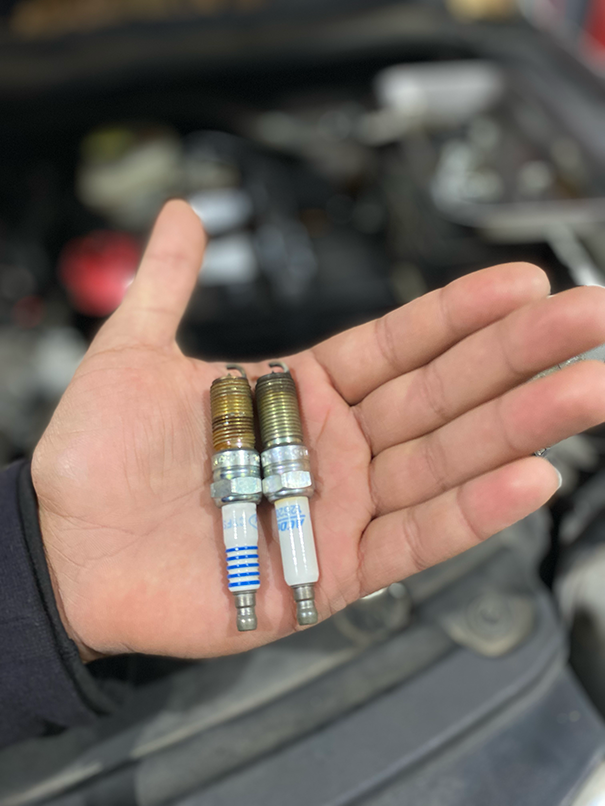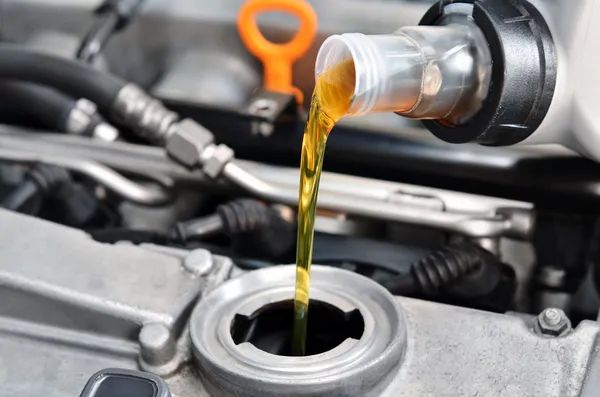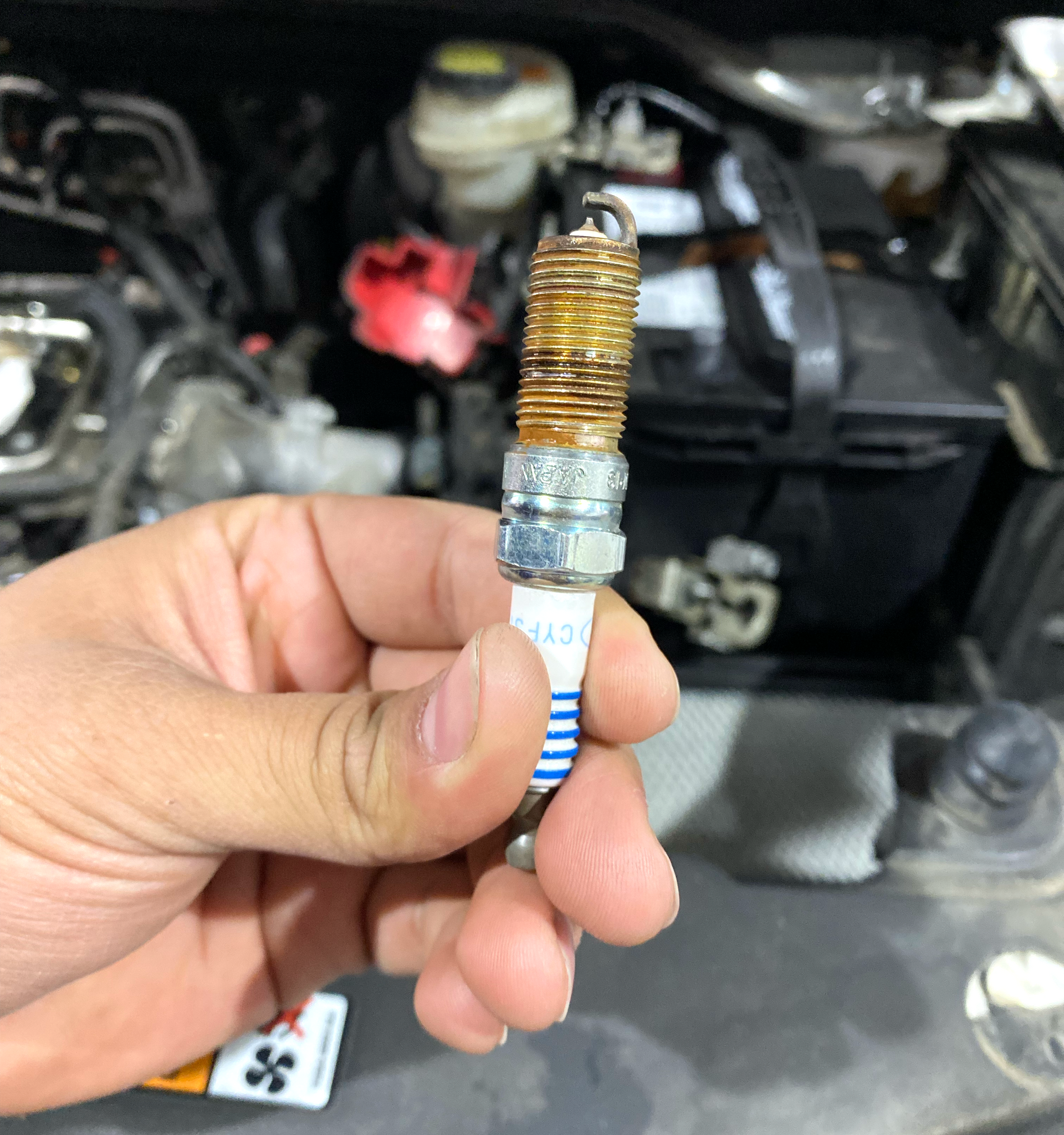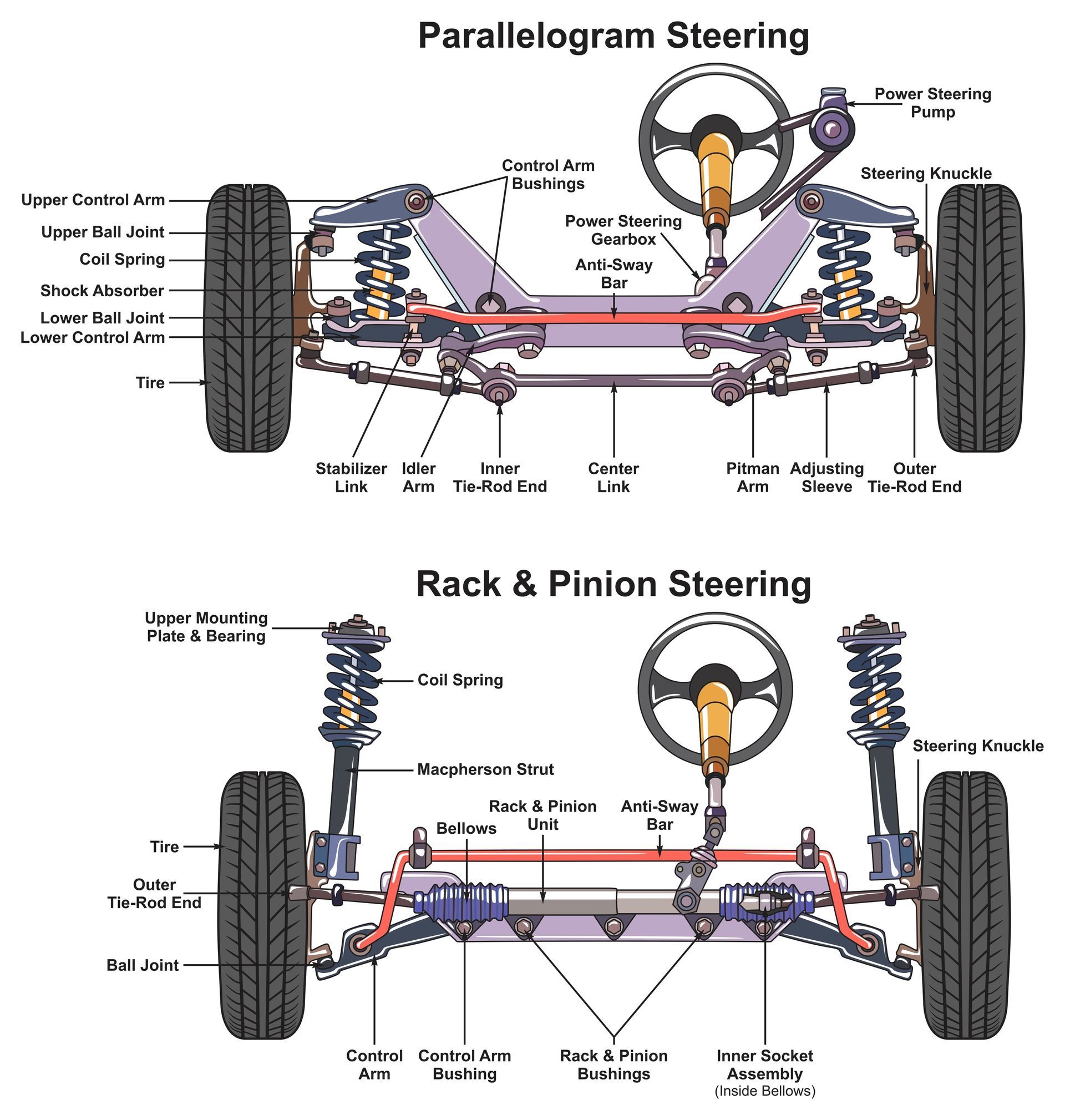What Are Spark Plugs and Why Are They Important?
Spark plugs are one of those small, often overlooked components of your car that play a critical role in its operation. Despite their size, they are essential to the functionality of your vehicle's engine. If you’re not familiar with what spark plugs do or why they’re important, this article will provide a detailed look into their purpose, how they work, when they should be replaced, and the signs that indicate they may be going bad.

What Are Spark Plugs?
Spark plugs are devices located in the cylinder head of an internal combustion engine. They deliver electric current from the ignition system to the combustion chamber to ignite the air-fuel mixture inside the engine. This ignition is what powers your vehicle. Each cylinder in your engine has its own spark plug, and together, they keep the engine running smoothly.
Spark plugs might seem like simple components, but they are engineered to withstand extreme conditions inside the engine. They endure high pressure, high temperature, and constant exposure to fuel and oil. Because of this, they are built to be durable, but they still wear out over time and need to be replaced.
The Purpose of Spark Plugs
The main purpose of spark plugs is to ignite the air-fuel mixture inside the engine’s combustion chamber. This ignition creates a small explosion, which drives the pistons down, turning the crankshaft and ultimately powering the vehicle. Without spark plugs, your engine wouldn’t be able to produce the power necessary to move your car.
In addition to initiating the combustion process, spark plugs also help to:
- Ensure Efficient Combustion: Properly functioning spark plugs help ensure that the air-fuel mixture burns efficiently. This efficiency is crucial for optimal engine performance and fuel economy.
- Maintain Engine Performance: Spark plugs are key to maintaining the overall performance of your engine. If one or more spark plugs are malfunctioning, it can lead to a range of engine problems, including misfires, rough idling, and poor acceleration.
- Reduce Emissions: Efficient combustion facilitated by good spark plugs helps reduce harmful emissions from your vehicle. When the air-fuel mixture burns completely, there’s less unburnt fuel exiting through the exhaust system, leading to lower emissions.
Replacing Spark Plugs
Replacing spark plugs is a routine part of vehicle maintenance, and it’s something that every car owner should be aware of. How often spark plugs need to be replaced can vary depending on the type of plugs your vehicle uses and your driving conditions.
- Conventional Spark Plugs: These typically last around 20,000 to 30,000 miles. They’re made of copper and are the most basic type of spark plug.
- Platinum and Iridium Spark Plugs: These are more durable and can last between 60,000 to 100,000 miles. They are often found in modern vehicles and are designed to provide better performance and longevity.
When replacing spark plugs, it’s essential to use the type recommended by your vehicle’s manufacturer. Using the wrong type can lead to poor engine performance and could potentially cause damage.
The process of replacing spark plugs is relatively simple and can be done at home if you have the right tools and knowledge. However, if you’re not comfortable doing it yourself, it’s best to have a professional mechanic handle the replacement to ensure it’s done correctly.
Signs of Bad Spark Plugs
Spark plugs, like all car components, wear out over time. When they start to fail, they can cause a range of engine problems. Here are some common signs that your spark plugs may need to be replaced:
- Engine Misfires: One of the most noticeable signs of bad spark plugs is engine misfires. If a spark plug isn’t firing correctly, the fuel in the cylinder won’t ignite properly, causing the engine to misfire. This can lead to poor performance, reduced fuel efficiency, and increased emissions.
- Rough Idling: If your engine is idling roughly, it could be due to worn or damaged spark plugs. A rough idle can feel like the engine is shaking or vibrating more than usual when the car is stopped and in gear.
- Difficulty Starting the Engine: If your car is having trouble starting, especially in cold weather, it could be a sign that the spark plugs are worn out. When spark plugs can’t generate a strong enough spark, it becomes harder for the engine to start.
- Poor Fuel Economy: Worn spark plugs can lead to inefficient combustion, which in turn causes the engine to use more fuel than necessary. If you notice a drop in your fuel economy, it’s worth checking the condition of your spark plugs.
- Engine Surging or Hesitation: If your engine surges (increases in speed without pressing the accelerator) or hesitates when accelerating, it could be due to faulty spark plugs. These issues can occur when the spark plugs are not providing consistent sparks to ignite the air-fuel mixture.
- Increased Exhaust Emissions: As spark plugs wear out, they can cause incomplete combustion, which results in higher emissions. If your vehicle fails an emissions test, worn spark plugs could be the culprit.
Spark plugs may be small, but they play a vital role in your vehicle’s performance. Understanding what they are, their purpose, and when they need to be replaced can help you keep your car running smoothly and efficiently. Regular maintenance, including checking and replacing spark plugs as needed, is key to avoiding engine problems and ensuring your vehicle operates at its best. If you notice any of the signs of bad spark plugs, it’s a good idea to have them inspected and replaced if necessary. By staying on top of spark plug maintenance, you’ll help ensure a longer life for your engine and a better driving experience overall.
Schedule a spark plug inspection with Elite Auto Experts today! Our experienced technicians will ensure your vehicle performs at its best, giving you peace of mind on the road. Call us now or book your appointment online to give your engine the care it deserves!










